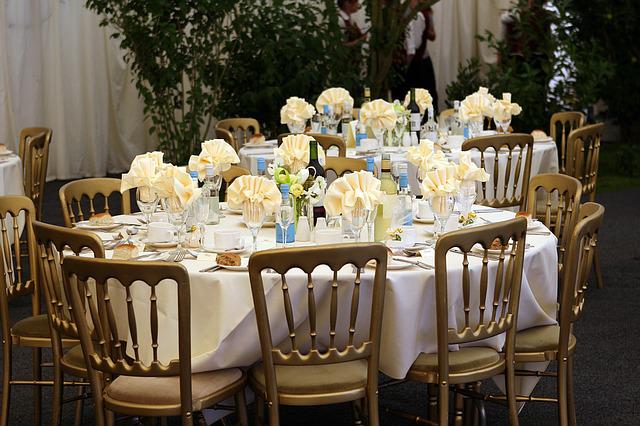
Why should you hold your next corporate events in a big venue? There are many reasons to do so, including cost, size, and location. This article will look at each factor. But if your budget is tight, consider holding your event in a smaller town. Smaller towns are often more affordable and can deliver the small-town charm that many large events lack. But you’ll need to consider what your budget is, as well.
Table of Contents
Benefits of big venues for corporate events
As a corporate event planner, you’re probably aware of the benefits of Dallas corporate events and venues. Corporate events are a $500 billion industry, and it makes sense to create programs to tap into this lucrative segment. They not only increase brand awareness and boost profits, but they can also help you promote your products or services. According to a Gallup study, only 13% of employees are truly engaged at work. That means they put in real effort, while the rest show up to collect a paycheck. Engaged employees are active members of the company culture and feel valued by their employers. The result is a higher level of productivity. Moreover, these events help improve employee morale, which in turn increases company productivity.
Location
When deciding whether to hire a small or big venue for your corporate event, it is important to consider the number of attendees. Smaller, more intimate events may require more intimate spaces, while large corporate events may require a banquet center. Before choosing a venue, ask about its maximum capacity. Large event venues should also be able to cater to a wide variety of seating needs. A large venue is ideal if you’re planning to hold a large conference with several hundred people.
Location is crucial for success. If your attendees are traveling far away, a venue close to an airport or metro station is more convenient. You can also choose a venue that offers nearby hotels. Moreover, a venue in a hotel will allow you to accommodate the guests while they attend the meeting. It is ideal if you can plan a stay away for them after the event, and if they don’t, you can always ask the staff to arrange a room for them.
Size
When choosing the right venue, sizing is essential. For example, if the event is to be auditorium-style, you’ll need about six to eight square feet of floor space per person. The same goes for banquet rounds, which require a larger floor area than traditional seating. The sourcing tools available at event venues can help you determine how much floor space you’ll need.
Be sure to check the venue’s maximum capacity. Each venue has a maximum capacity, and there’s no single formula for calculating it. In addition, fire codes vary by jurisdiction, as they depend on the type of establishment, exit routes, and obstructions. When looking for a venue, pay special attention to meeting room layouts and sizes. You’ll also want to compare the venue’s responsiveness and helpfulness to your needs.
Cost
If you want to hold a large corporate event, it’s important to consider the cost of the venue. The venue itself can cost thousands of dollars, and there are many different types of commercial loans available to help finance the expenses. If you need financing for a venue, you can turn to your bank to help with the costs.
The cost of a venue depends on the amenities it offers and the size of the room. For example, a hall with a full kitchen and dining facilities will cost more than one with a kitchen. However, these costs are worth it if you have an event requiring a lot of F&B. Whether you plan to have a conference, trade show, or another event, you need to know how much you can spend. The cost of a venue will be different based on the type of event you’re planning and on your budget.
